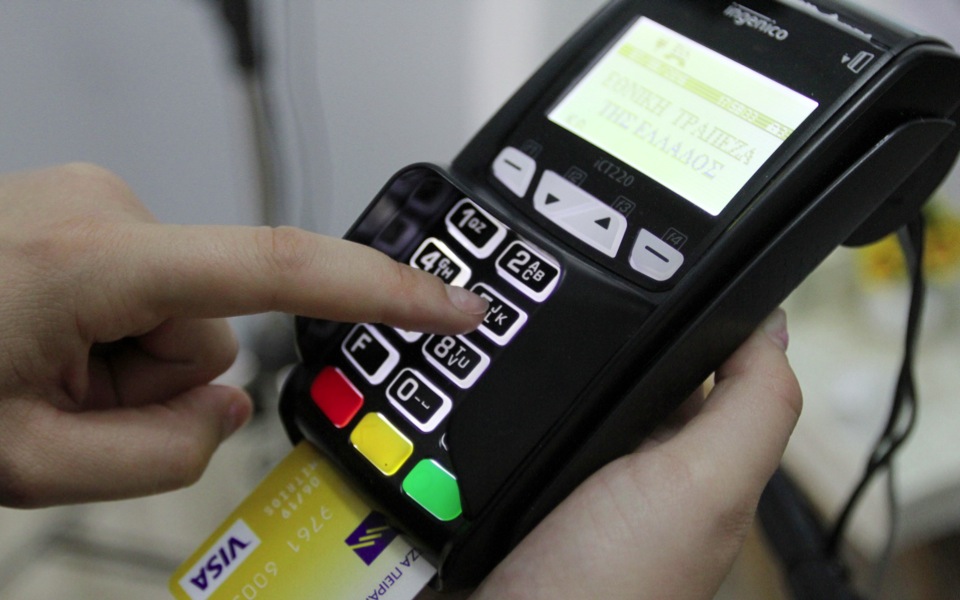Plans afoot to boost e-payments

In a bid to crack down on tax evasion to the tune of 7 billion euros a year in value-added tax alone, the government is mulling plans to encourage taxpayers to increase online and card transactions so as to increase their tax free threshold.
According to reports, the relevant legislation will be included in a tax bill that will be submitted to Parliament in mid-October.
After having processed this year’s tax returns, Finance Ministry officials argue that 80 percent of taxpayers declared more receipts than they were obliged to do so, suggesting that current rates to cover the tax-free threshold are particularly low and do not correspond to transactions made annually.
Finance Ministry staff are reportedly working on a number of plans, though no final decisions have been made yet.
The framework for increasing electronic transactions will be decided in cooperation with the technical teams representing Greece’s international lenders, which are currently in Athens and are working on some of the provisions of the new tax bill.
Although the new rates have not been finalized, the key scenario under consideration stipulates that the minimum amount of electronic receipts that taxpayers should have started collecting by mid-January 2019 will depend on the size of their annual income. It also includes a new progressive scale.
More specifically, taxpayers with an annual income of 10,000 euros will be encouraged to make online transactions with 15 to 20 percent of their income (up from 10 percent today). This means they must make transactions to the tune of 2,000 euros, compared to the 1,000 euros required today.
Those declaring between 10,000 and 30,000 euros will have to make transactions with 25 percent of their income (up from 15 percent), while those declaring 30,000 euros will have have to make transactions with 30 percent.
For example, a taxpayer with an income of 20,000 euros must currently make 2,500 euros’ worth of electronic transactions. With the new rate, these must rise to 4,500 euros.





